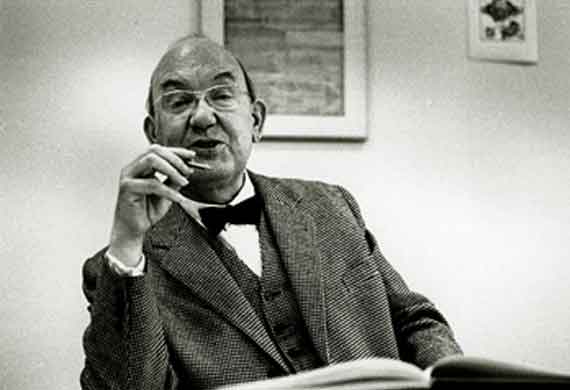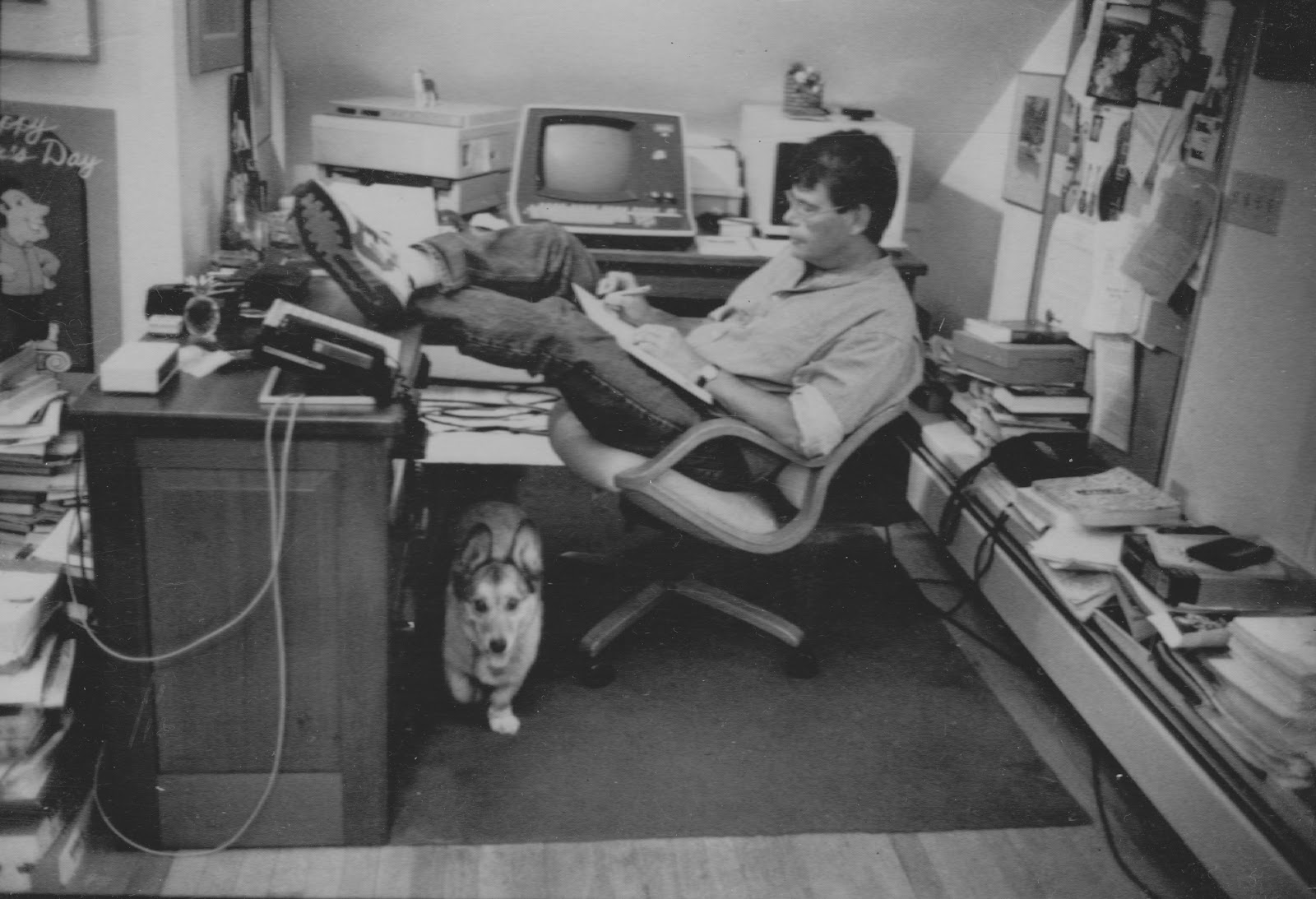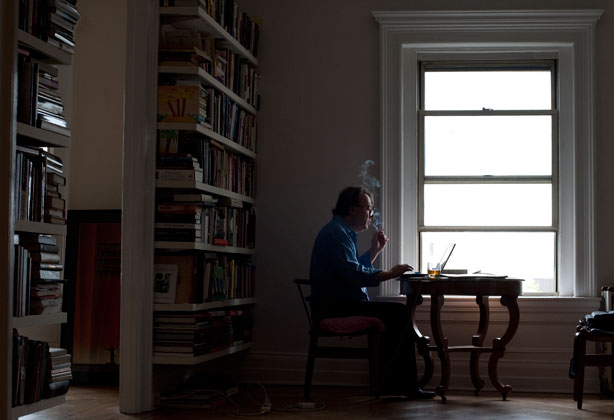
I over think and under do.
I don’t get my hands dirty, I just imagine what it’d be like to scrub them with soap after the work is done.
It’s boring and tiring and it sucks. Not doing sucks. Not making sucks. Not working hard sucks. Not getting onto my grind in the morning, not feeling the pain in the back of my neck from tired muscles, not trying to stay awake, not struggling for my passions sucks.
I hate launching, I hate shipping. Because then it is out there. Because then people see what I’ve done and, of course, because life is only a moment long and everyone is watching, and everyone’s opinion can’t be changed, and because everyone expects perfection, I only get one shot. Right? Right. Yes? Hmm.
In the last two years I’ve read a lot about habits. And talent. And effort. And focus. And getting your shit together.
I like these kind of self-help books. The ones that actually give you a plan and say “this is hard, get to work”. They’re my kind of self-help books. Life is hard, effort is hard, success, whether over yourself or over a business, or industry, or empire, is really hard work. It’s fun, a lot of fun, but it’s still work.
I love these books because they’re inspiring and show you how to get what you want out of yourself. I thought simply reading them would be all it takes. I followed along with the plans they had and wrote out how I would do things, how I will do things, how I will make myself better and then … well, you know how these stories always go.

It’s incredible to me how easy it is to ignore the simplest little piece of logic, and I’m even more impressed by how comfortable one can be ignoring it because of those books. Here it is:
- What’s something you want?
- Are you actively working on exactly that?
If you don’t work on what you want then you won’t get it.
It’s stupidly obvious and seems worthless to mention. Then it gets embarrassing when you realize it’s true and that you’re not working on what’s important.
What was I wanting? To write and publish articles about design. What was I doing to make this happen? Everything I could, except write and hit publish.
I knew the habits I had to grow, I knew about myelin and deliberate practice, I knew about how talent develops and how rarely, if not never, it appears out of nature.
But for any of that to have value, for the books, that were genuinely filled with the right kind of advice that could change a person’s life, to have any value whatsoever, I had to act. I had to start.
The First Few Days Were Hard, But Not the Hardest.
I could wax poetic on the struggles of writing, but it probably wouldn’t be anything you haven’t heard or felt yourself.
It’s a hard task, but one that only time and effort make easier. The art of writing is one you can learn – you can read books, do classes, analyse what you write and improve. You can write a great deal over a lifetime and throughout, if you care, you’ll see improvement.
But the work of writing is hard, and one I’m starting to realise it can only be learnt through effort. Getting up everyday, writing for a couple of hours, sometimes producing garbage and being as ok with it as you would be should you have written beautiful and perfect prose.

It was the last stretch that was the hardest.
I found myself drunk on excuses to not get out of bed. I would wake, my wearable alarm buzzing my wrist. But I would lie there. No stress, no worry.
In my morning haze I thought I would be fine, because I knew I could write an article in twenty or thirty minutes. They weren’t good, but they were good enough, and good enough is good enough.
I fell for the trap of thinking that as long as I wasn’t getting worse, I could get away with pumping an article out as quickly as I could.
Instead of taking what time I could have had to edit and refine my articles, I was using them to test how warm the bed was.
This is a foolishness I’m still paying for.
Was It Worth It?
Without a doubt yes. I’m willing to bet it’ll be one of the best things I’ve done for myself this year.
From a mere 30 days of writing, the benefits have been plentiful. Some might be with me for years to come.
I’m yet to achieve what imagination had suggested might come of this effort – a flawless ability to write an essay a day.
But I’ve made some good friends. Allies.
Allies is the word. A friend tells you the work you’re doing is good, an ally tells you it’s good but it’s not enough, that you have within you an ability to produce something bigger.
An ally tells you that it’s great that you finished a project, and tells you when it’s good, but they remind you that there’s another hour of writing time left for today so you better start the next project.
And my allies for this project, Paul and Les, played their roles brilliantly. Thank you, boys.

I no longer wish to dawdle over small decisions – I want to get to work as quickly as I can.
I’ve realised that speed matters. Shipping matters. Article or product, shipping matters. Moving on your ideas matter, not letting them linger matters. You might have a huge decision to make, but move quickly on figuring out the answer and be firm in making it.
I’m still the kind of guy who is more comfortable talking about the actions I’ll take than actually take them, but, without meaning to, I’ve been finding myself launching forward at every opportunity. They’ve only been small things, but I’m starting to cut through a lot of mental garbage and make decisions quickly. I think about them long enough to know if they’re a good idea or not, then launch my efforts forward, learning what I need to as I need to, not in advance for some never-appearing storm.
The Take Away
My writing has scarcely improved, both in terms of Art and Effort. Small pickups, yes, but nothing noteworthy.
That’s a small lie.
Any improvement is worthy of being noted. They add up quickly. Well directed questions lead to a wealth of knowledge, and small improvements add up to mastery.
I use to worry about mastery an awful lot. I’d think about how I wanted to be the best in the world at design, or writing, or blogging, or making money, or habit, or whatever.

What I worry about now isn’t mastery at all. That’s simply too complicated for me. It’s getting on my grind. It’s getting up, working smart, working hard, and focusing on what matters. I care more for deliberate practice and deliberate improvement.
Somewhere in the process I stopped caring about the anxiety that surrounds hitting publish. After starting, it seems like the obvious thing to do.
I care more for simply starting and not stopping.
I care little for goals but lust for the work that achieves them.
I care about working. I care about improving daily. I care about chasing down the wolf that’ll make me better. I care about getting on my grind, about getting on my hustle, about throwing resistance from my ear. I care about starting. Starting. Starting. Starting. Starting the next small step that’s part of the next small project, that’s part of the next small stage. Small starts. Give me those, give me a twenty five thousand soldiers of small starts and I’ll conquer the world.
If all the thirty days gave me was an understanding of how important that start is, of how working on my work is more important that treating my work like my job, then it’s been a success.
It’s been a success.
It’s been a success.
I learnt how to start, so it’s been a success.
Master Your Craft.
Weekly.
Become the designer you want to be.
Join a group of talented, creative, and hungry designers,
all gaining the insight that is helping them make
the best work of their lives.